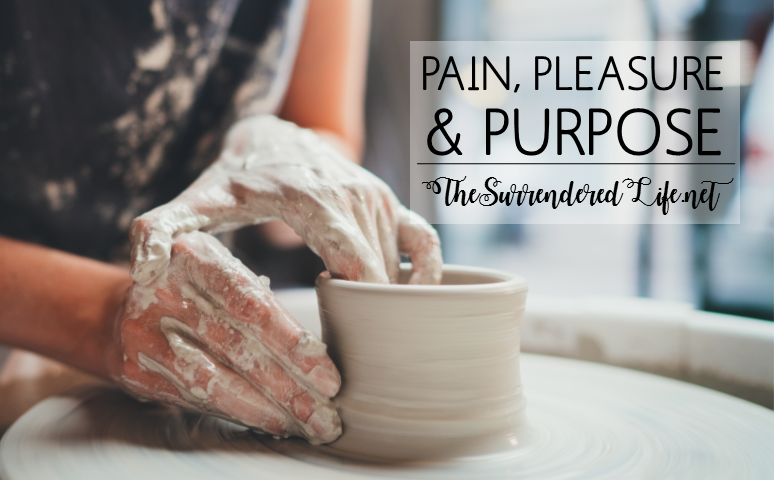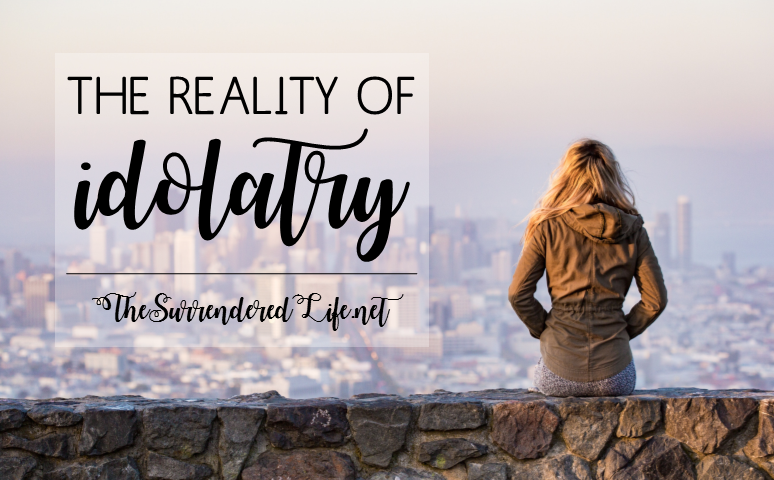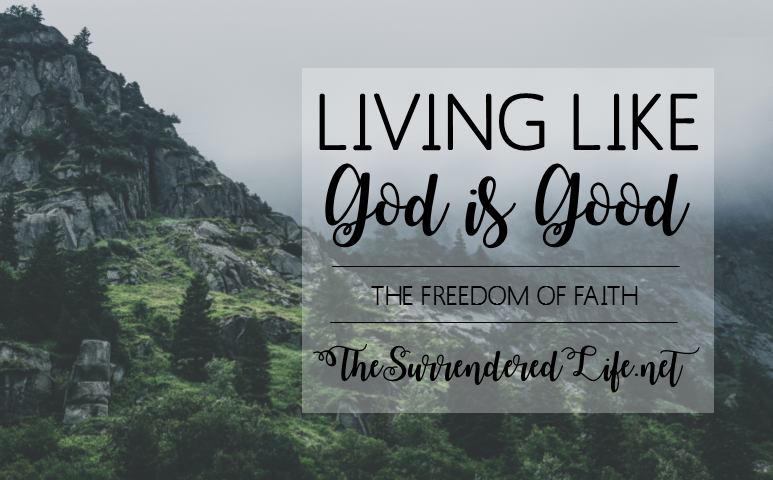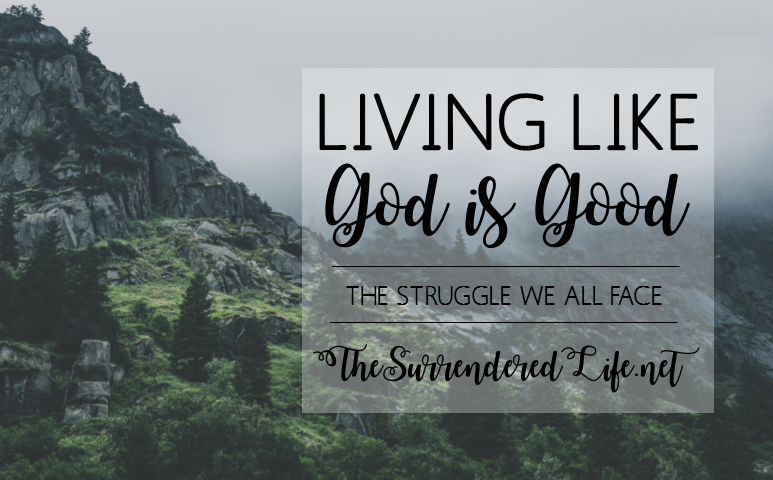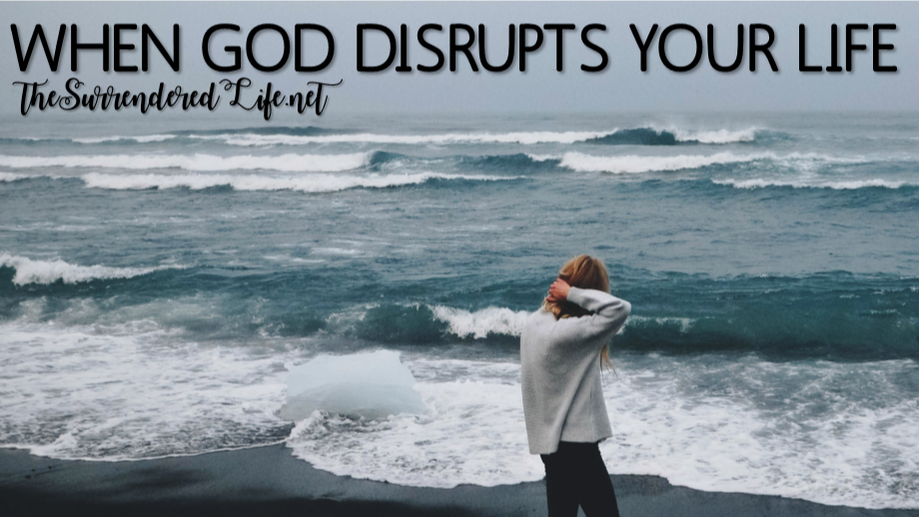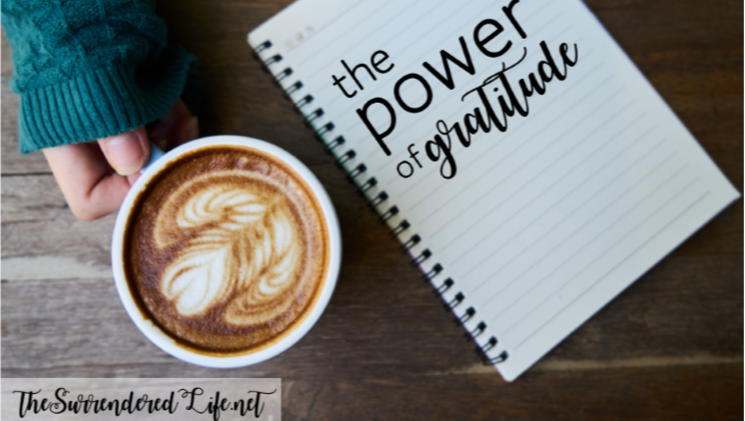|
Personal rights are a very sensitive topic. If you’re breathing, you know this firsthand. We’re in the midst of a pandemic that has shaken the world and as leaders attempt to regain control, millions cry out in protest due to their rights. I’m not here to say that politicians are right or wrong, or to speculate on their motivations, or to offer my opinions for a resolution Instead, I want to talk about the importance of our reaction to the perceived violation of our rights. The way we respond when we feel our rights are being trampled on reveals whether we are trusting in God or in ourselves. If we’re honest, the moment we feel our rights are violated, all bets are off. When it comes to a relational conflict, we tend to resort to catty remarks, abuse, or even ending relationships. On a larger scale, when rights are violated by the government, we often see rioting and violence. Are these healthy, productive, or godly responses to being oppressed? Absolutely not. But they are also not the problem; they are merely a symptom of the problem. The root of our problem is our sinful pride that causes us to demand our rights – from our co-workers, from our boss, from our friends and family, from society, and even from God. “Oh, but that’s not me.”
1 Comment
“I can’t help the way I am.” “It’s purely chemical.” “It’s the way I was raised.” “It’s my family history.” “It’s not my fault.” We’re often asked the question, “When life hurts, where do you turn?” It’s a good question, and it challenges us to learn to turn to Christ in the hard moments of life. But I want to pose a slightly different question to you today. “When life hurts, who do you blame?”
“Life is pain.” – The Princess Bride
We live in a world of instant gratification. We want what we want and we want it now. But there’s a danger in getting comfortable with (and then beginning to expect) quick fixes. Unfortunately, when things aren’t easy or quick, we can be prone toward anger and we can often be guilty of taking our anger out on those around us. Our discouragement and frustration usually end in giving up (failure to overcome our struggles) and giving in (isolating and indulging ourselves to deal with the failure). Our reaction to hardship in life reveals the biggest idol we all struggle with: a pain- and problem-free life. On the surface, this seems like it shouldn’t be an idol. It seems like a good thing. And we certainly don’t want to have a pain- and problem-FILLED life. So what’s the problem here? The problem is that when we fail to surrender this desire for ease and comfort, we can be guilty of making decisions based on whether we believe it will increase our ease and comfort or not, rather than based on God’s goodness, love, and ability to provide for us regardless of our circumstances. When we have a goal of living a pain- and problem-free life, we begin to do whatever it takes to get it – whatever the cost. We all like to talk about God being all that we need, but the sad reality is that while we are good at talking about God being all we need, many of us are living as though God is not all we need. Yes, God is enough. But if we’re really going to be happy, we also need this relationship. Yes, God is enough. But if we’re really going to be content, we also need to live in this particular neighborhood. Yes, God is enough. But if we’re really going to show kindness to those around us, they need to show us respect back. Yes, God is enough. But when hurt and disappointment enter my life, we really need to be able to distract from it by indulging in junk food, TV, shopping, or maybe even a substance. Yes, God is enough. But. BLIND SPOTSI think one of the biggest blind spots many of us possess in life is idolatry. After all, we don’t often see people worshiping blocks of wood or statues of gold, so we find it easy to brush off idolatry as something from Biblical times that’s not really an issue anymore.
The result? At worst, we can be guilty of dismissing idolatry as a modern-day issue altogether. At best, we may find ourselves resorting to the Sunday-school teaching of associating idols with things such as video games, TV, and money. And while to a certain extent that can be true, the truth is that the most dangerous idols we worship are not physical objects. Yesterday we looked at our struggle to believe that God is good. To read the previous post, click here. HOW DO WE GET BACK?When I tried to understand all this, it troubled me deeply |
| I’m not one to keep a diary or journal. I’ve found that it’s too easy for me to slip in to negativity, so I avoid writing regularly unless it’s in a very disciplined format. For example, writing about what God is speaking to me about through my blog. I also have a 5-year Q&A a day journal that’s been a lot of fun to use. |
I don’t remember a lot of the details, but I do remember that 2014 had a lot of ups and downs, as tends to happen in life. But as I flipped through this notebook, all I saw were the highlights; and all I remembered was the closeness I had with the Lord during that time; the answers to prayer I was receiving; the joy and the peace I felt. It was my gratitude notebook.
bethany HARRIS
In a word: passionate.
About Jesus, church, ministry, music, reading, family, friends, and sometimes even
iced skinny soy mochas.
Archives
December 2018
November 2018
October 2018
August 2018
April 2018
March 2018
February 2018
January 2018
December 2017
October 2017
May 2017
March 2016
October 2015
August 2015
Categories
All
Anger
Anxiety
Attitude
Codependency
Conflict
Depression
Emotions
Faith
Fear
Forgiveness
Grace
Gratitude
Hope
Hupomeno
Idolatry
Love
Lust
Married Life
Mary Study
Ministry
Music
Peace
Personal
Pride
Priorities
Relationships
Salvation
Self Esteem
Surrender
TEA
Trials
Worship



